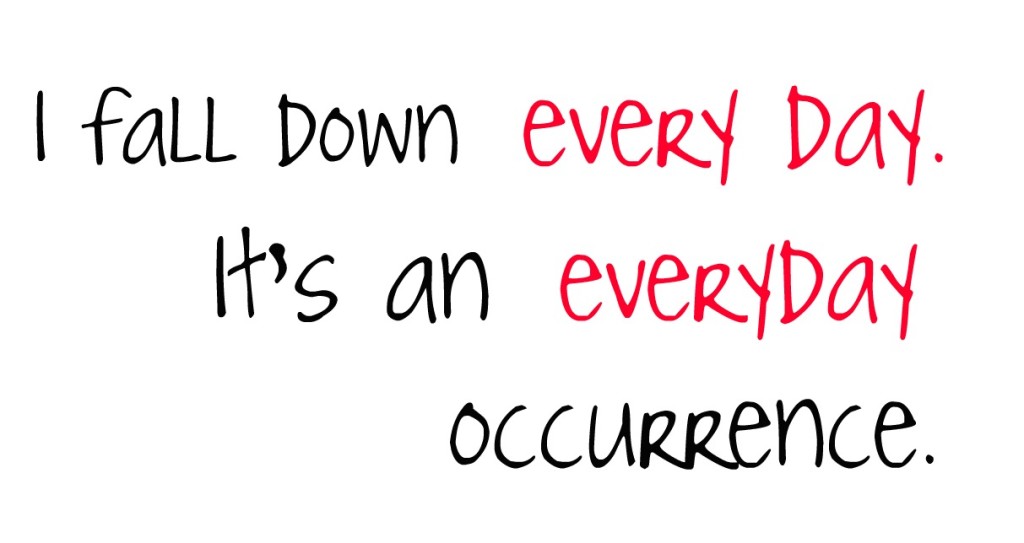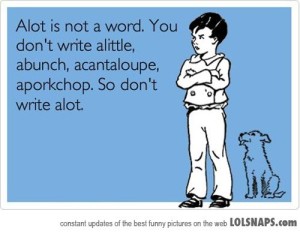These homophones have very different meanings and uses.
Right means correct, or opposite of left. It can be a noun, adjective, verb or adverb.
Example: Turn right at the next corner.
The noun rite is a ritual, formal ceremony or religious practice.
Example: Graduation is a rite of passage
Write is a verb meaning to compose or form letters or words.
Example: I am going to write a letter.
Right vs. Rite vs. Write



